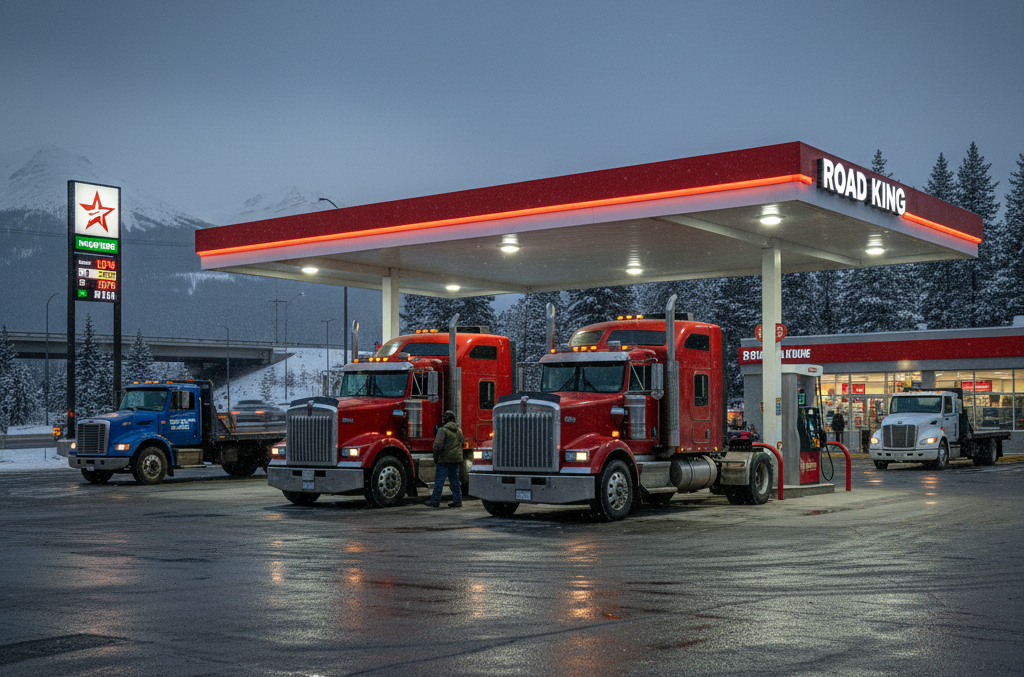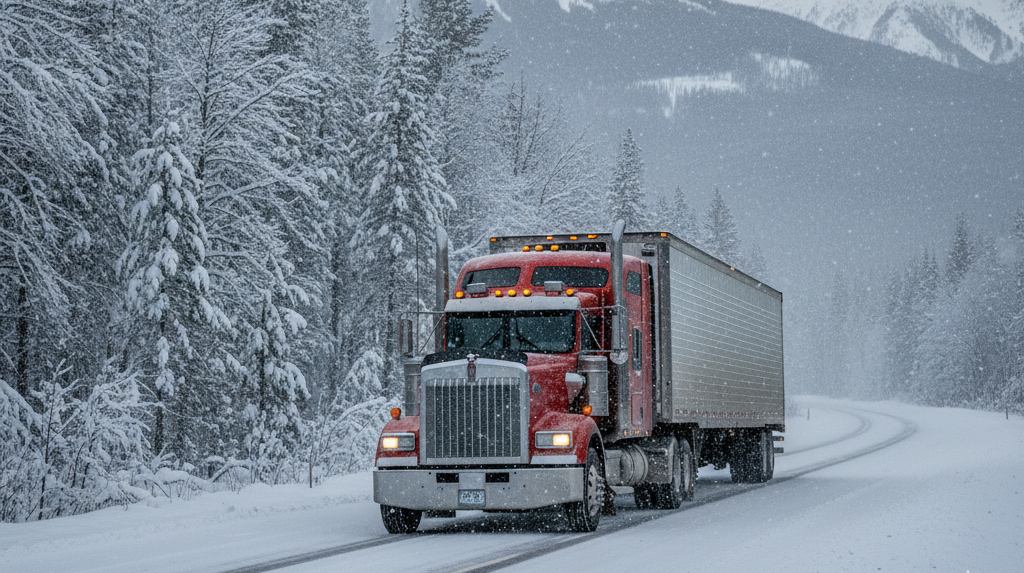What is an Oversize Load Permit?
An oversize load permit is a legal authorization that allows carries to transport loads exceeding the legal size and weight limits. They can vary for different highways and public roads. Thus, logistics companies and drivers should understand the dimensions of the load for safe delivery and regulatory compliance.
Oversize load permits ensure safe transportation of the load, protecting other road users. It outlines appropriate routes, times, and escort requirements for specific cargo in accordance with its dimensions like width, length, height, and weight.
Factors Affecting Oversize Load Permit Costs
The wide load permit cost can vary significantly. Usually, the fee is based on a range of factors including:
- Load dimensions and weight. Shipping larger and heavier cargo involves higher permit costs.
- Route complexity. If a route includes congested areas or detours, it may increase the permit cost.
- Duration and frequency of permit. Some states offer annual or monthly permits. This can be more cost-effective for regular carriers.
- Escort car requirements. Each extra vehicle to accompany the load adds to overall costs.
State-Specific Permit Fees
Each jurisdiction has its own regulations and oversize permit fees by state. Permit costs can vary widely depending on the requirements set by local governments. While some states offer flat fees for certain types of wide loads, others may assess costs based on specific dimensions.
Weight and Dimension Limits
To determine whether your cargo requires a permit, you should understand its weight and dimensions. Most states rely on the common thresholds:
- Width. Loads that are wider than 8.5 feet need permits.
- Height. If cargo exceeds 13.5-15 feet, it needs special permits for shipping.
- Length. Loads longer than 48-53 feet for trailers and 75-80 feet overall qualify as oversize.
- Weight. Items exceeding 80,000 pounds require oversize permits and are subject to additional fees.
Escort and Pilot Car Requirements
Oversize cargo transportation often involves escort or pilot cards. This is necessary to ensure the safety of all drivers on the road. Factors like load size, weight, and route complexity affect escort requirements. Expenses for these vehicles should be included when calculating the wide load permit cost.
Estimated Oversize Load Permit Costs by State

Permit costs include state permit fees and service fees for obtaining permits. Fees can vary widely across different states. For full adherence, you should carefully review the requirements of the state where you operate.
Typical Cost Breakdown
The oversize load permit costs generally include two main components. Service fee is charged by third-party companies that assist in permit applications. This can be especially useful for routes across several states. The other component is the state fee. Each state charges for processing and issuing permits.
Service Fee vs. State Fee
While some carriers prefer handling permits directly through the state authorities, others opt for a third-party service provider. They often charge a fee for managing the application and paperwork. However, this can provide a more efficient process.
QuickStart offers services for oversize load permits obtaining. We aim to optimize your operations, handling all administrative issues and paperwork.
How to Obtain an Oversize Load Permit
Usually, the proves of obtaining oversize load permits involves several steps. They require careful preparation and accurate paperwork.
Submit an application through the respective state Department of Transportation (DOT).
Provide cargo dimensions, weight, and route information.
Indicate any special requirements, like pilot cars.
Pay the applicable state fees and service fees if you are using a third-party provider.
Oversize Load Dimensions and Legal Limits
Understanding specific dimensions for your state helps ensure adherence to legal requirements and avoid potential fines and re-routings. Common legal limits include the length of the cargo and the trailer as well as width, and height.
Overall Length
Limits on the entire length of the vehicle and load are essential for highway safety. The US legal limit is around 75-80 feet. Exceeding this requires an oversize permit.
Trailer Length and Overhang
The legal trailer length typically ranges between 48 and 53 feet. Any additional overhang may require a permit, depending on the state.
Width, Height, and Kingpin-to-Rear Axle
Most states accept up to 8.5 feet in width without nece permits. Any cargo wider is classified as wide loads. In addition, some jurisdictions limit the kingpin-to-rear axle distance, affecting long-haul trailers.
Escort Requirements for Oversize Loads
Pilot cars are sometimes necessary during wide load shipments to ensure safety on the road. This is required for particularly large or heavy loads on narrow or congested routes. Escort cars can increase total oversize load permit expenses. In addition, they can vary depending on:
- State requirements. Different states have distinct policies on when and where pilot cars are needed.
- Load size and route. Larger cargo and complex routes often require additional escort vehicles.
Tips to Minimize Oversize Load Permit Costs
Companies can lower permit expenses for shipping oversize loads. For example, they can use the following strategies:
Plan multi-state routes in advance. Prepare routes for wide load shipping in advance. Remember to consider combined permits for interstate routes where possible.
Explore annual oversize permits. If you frequently transport oversize cargo, you can apply for an annual permit to save on the permit fee.
Limit pilot car requirements. Use planned routes to avoid roads where escort vehicles are mandatory.
Utilize third-party permit services. For complex routes, permit services can provide efficient solutions. QuickStart is ready to help you with it. Our state permit services minimize administrative time and errors, simplifying this process for you.
With proper planning, you can easily manage wide load permit costs and navigate the varied oversize permit fees by state efficiently. This ensures a safe and compliant transport experience.




